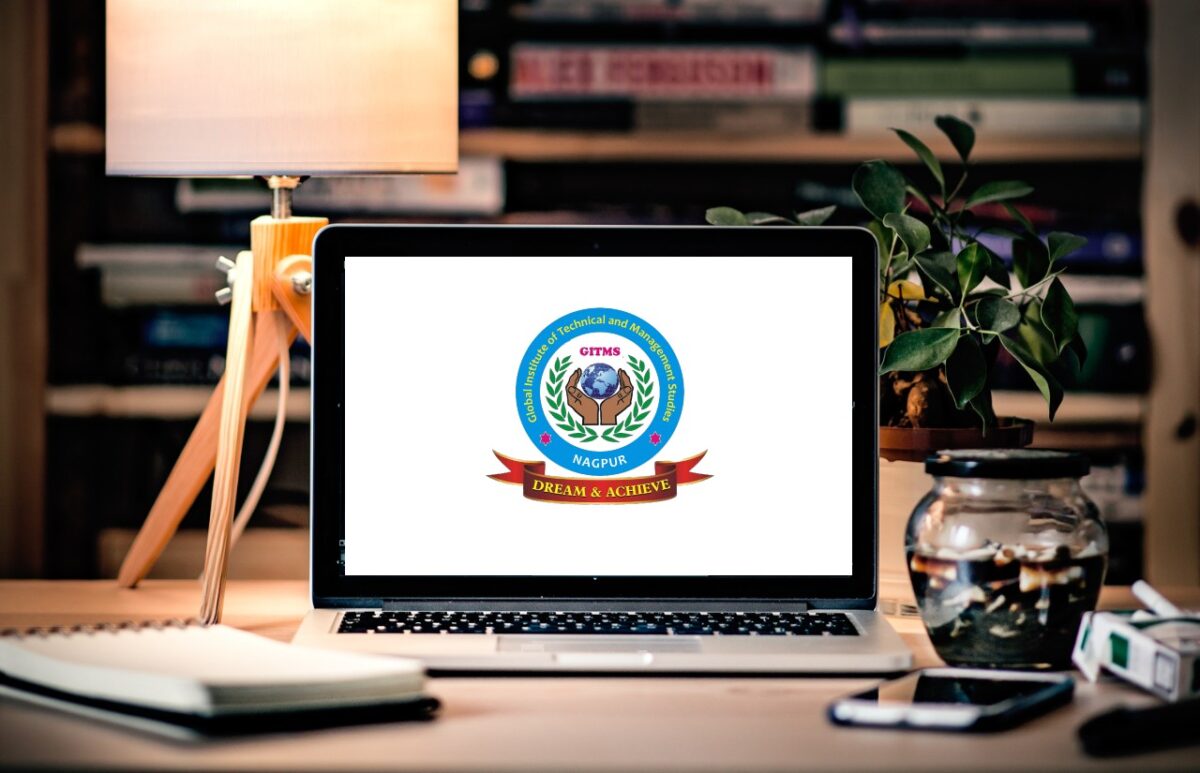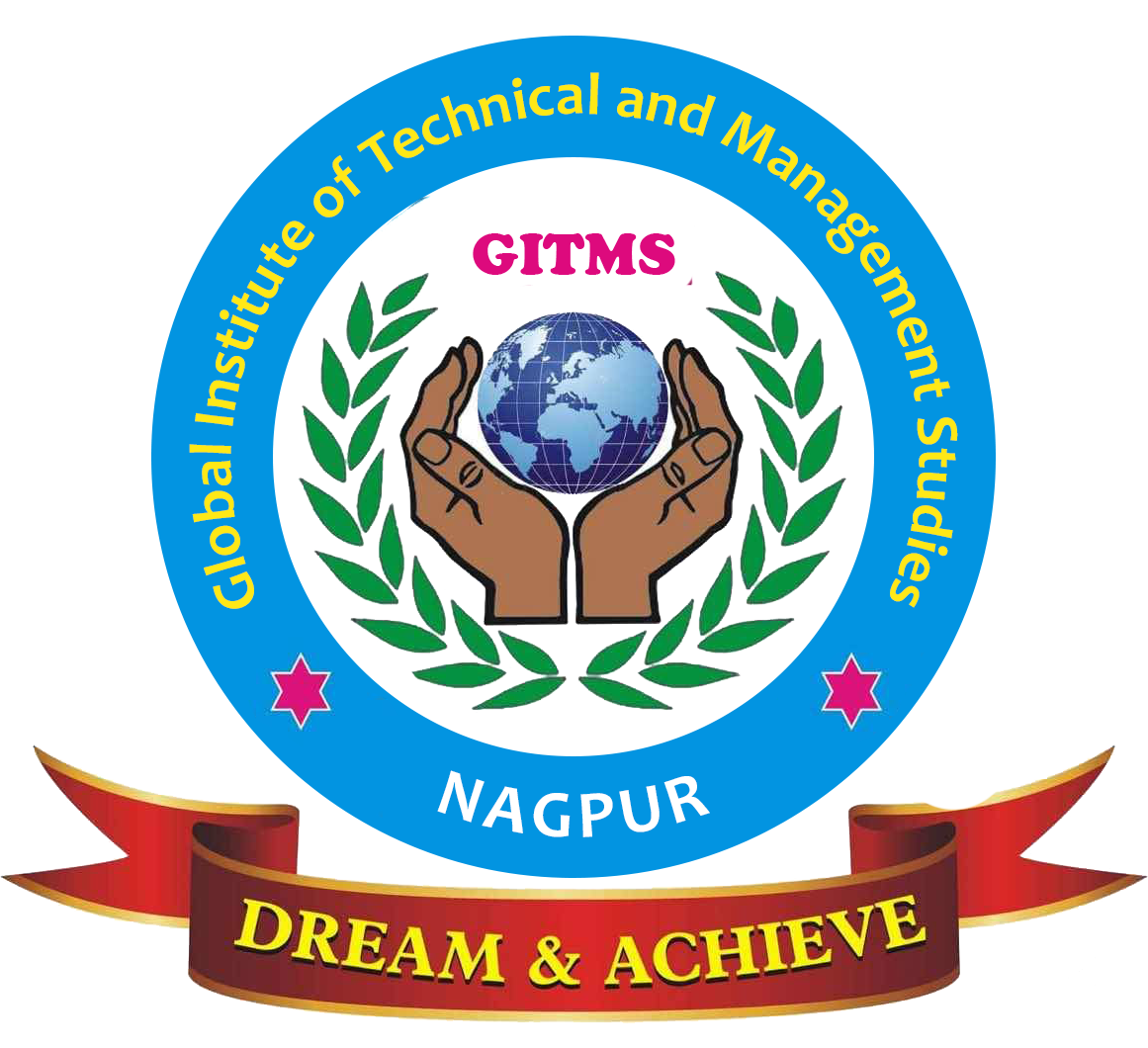Information Technology

These programs are meant for basically those professionals who are already working in technical departments of the corporate sector. These courses enable our students to go ahead and achieve higher profiles in their respective organizations through a high profile curriculum.
| Courses | Diploma in Information Technology | Bachelors Program in Information Technology | Master Program in Information Technology |
| Eligibility | S.S.C with Work Experience | 3 Years Diploma or HSC with 3 years Work Experience | Graduate or Diploma with 5 years of Work Experience |
| Syllabus | SEM – I 1. English 2. Basic Science 3. Basic Mathematics 4. Engineering Graphics 5. Computer Fundamentals SEM – II 1. Communication Skills 2. Applied Science 3. Programming in C 4. Basic Electronics 5. Engineering Mathematics SEM– III 1. Applied Mathematics 2. Data Structure Using C 3. Electrical Technology 4. Relational Database Management System 5. Digital Techniques SEM – IV 1. Environmental Studies 2. Computer Hardware & Maintenance 3. Data Communication & Networking 4. Microprocessor & Programming 5. Object Oriented Programming SEM– V 1. Applied Multimedia Technology 2. Software Engineering 3. Java Programming 4. Operating System 5. Communication System SEM– VI 1. Advanced Java Programming 2. Data Communication & Networking 3. Entrepreneurship Development 4. Industrial Projects 5. Advanced Web Technology | SEM – I 1. Calculus 2. Physics 3. Mechanics of Solids 4. Engineering Graphics 5. English 6. Linear Algebra SEM – II 1. Chemistry 2. Environment & Energy Studies 3. Art of Programming 4. Elements of Electrical Engineering 5. Communication Skills 6. Electronic Devices & Circuit SEM – III 1. Basic Electronics 2. Digital System 3. Object Oriented Programming 4. Mathematical Foundation of Computer Science 5. Applied Mathematics 6. ICT Tools & Security SEM – IV 1. Communication Engineering 2. Computer Organization 3. Data Structure 4. Probability Statistics & Numerical Analysis 5. Computer Peripherals 6. Economics For Engineers SEM – V 1. Theory of Computation 2. Database Management Systems 3. Data Communication Networks 4. Operating Systems 5. Web Designing 6. Law For Engineers SEM – VI 1. Software Engineering 2. Capstone Course 3. Creativity & Innovation 4. Design & Analysis of Algorithms 5. .net Technologies 6. Java Technologies SEM -VII 1. Objective C Programming 2. Embedded Programming 3. LAMP Technology 4. Mobile Applications Development Technologies 5. Advanced Computer Networks 6. Machine Human Interface SEM – VIII 1. Computer Graphics & Visualization 2. Main Frame Systems 3. Network Security & Encryption 4. Cloud Computing 5. Software Testing 6. Business Analysis & Optimization | SEM – I 1. Data Structure & Algorithms 2. Communication Techniques 3. High Speed Networks 4. Advance Computing Systems 5. Information & Network Security 6. Communication Skills for Engineers 7. Comprehensive Assessment – I SEM – II 1. Network Embedded Systems 2. Information & Retrieval Systems 3. Wireless Networks 4. Software Engineering 5. Software Testing & Quality Assurance 6. Modern Database 7. Machine Learning SEM – III 1. Data Warehousing & Mining 2. Artificial Intelligence 3. Comprehensive Assessment – II 4. Cyber Security 5. Huffman Coding 6. Arithmetic Coding 7. Wavelet Based Compression SEM – IV 1. Proxy Servers & Firewalls 2. Electronic Payment Systems 3. Malware Analysis 4. Security Audit & Standards 5. Malicious Software 6. Buffer Overflow 7. Specialization |
| Duration | 1 ~ 3 Years | 1 ~ 4 Year | 1 ~ 2 Year |
| Fees | 29000/- | 39000/- | 36000/- |

DIRECTOR’S DESK
Welcome you all Aspirants…
I welcome you on behalf of the GITMS and thank you for showing your interest in us. GITMS is impart excellence in management education, research, and managerial training.
From Director’s Desk : GITMS
For a management institute it is imperative to be prepared for the changing environment while teaching its students to do the same. In an era that has come to become the epitome of competition, B-schools face the very pressures that they prepare their graduates for.

